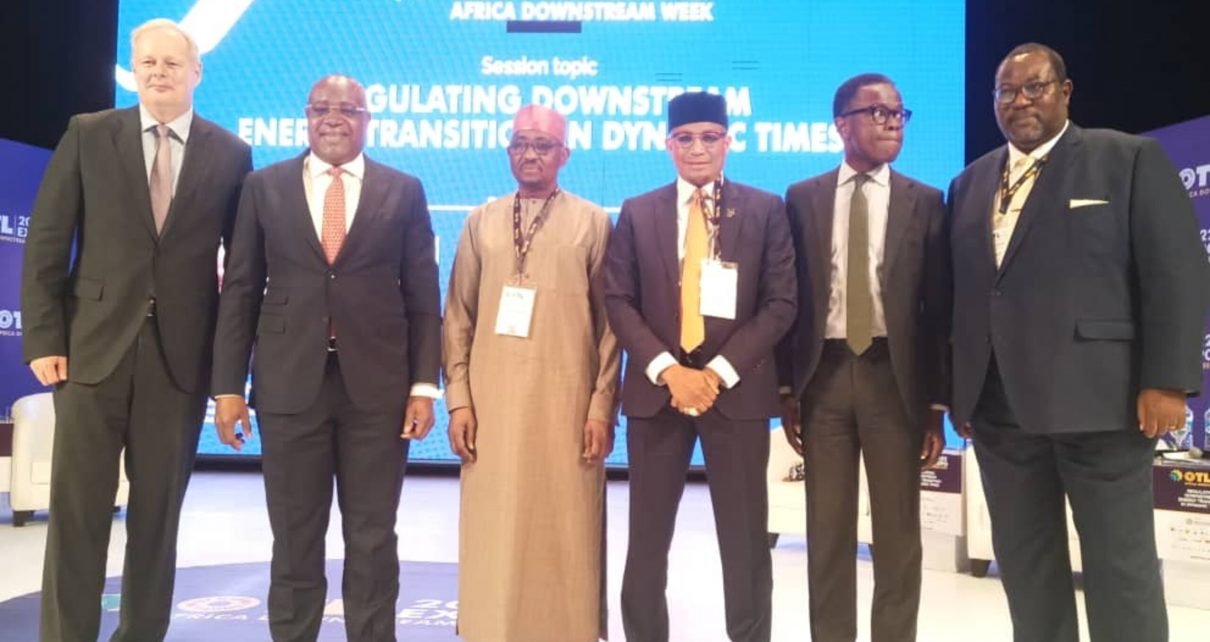Oil and gas downstream enterprises have expressed worry about the role of lawmakers in policing private corporations.
They bemoaned the time wasted attending to the MPs’ summonses and criticised the oversight role played by politicians over private enterprises that were being monitored and regulated by government authorities.
The operators voiced their objections on Tuesday in Lagos during the 2022 Annual Oil Trading and Logistics (OTL) Africa Downstream Week.
Former Nigerian Maritime Administration and Safety Agency (NIMASA) Director-General Mr. Dakuku Peterside claimed that lawmakers lacked the authority to perform oversight duties on private businesses.
Peterside said that when politicians called private company leaders as part of their oversight duties, they were breaking the law.
“It is time, we educate the lawmakers that this action is illegal.” he said.
Peterside, a former member of the Nigerian House of Representatives, cited national assembly laws when he claimed that the national assembly only had the authority to call the regulator to account for the activities of the businesses it was in charge of regulating.
Additionally, Mr. Billy Okoye, a former general manager of the Nigerian National Petroleum Company (NNPC), emphasised the productivity loss experienced by executives who waste time responding to summonses and claimed that this was a pressing problem in the industry.
The Nigerian Midstream and Downstream Petroleum Regulatory Authority’s (NMDPRA) Chief Executive Officer, Mr. Farouk Ahmed, stated that these problems, among others, were a worry in the industry and the authority was working to fix the flaws.
However, Ahmed claimed that the industry was going through significant changes that necessitated quick action, particularly because the energy transition had grown to be a significant problem.
“We are currently experiencing major developments in energy supply globally, with discussions on energy demand rapidly evolving and rallying around the need for energy supply to be guaranteed through cleaner and more sustainable sources.
“These discussions have metamorphosed into a compelling strategic case which has emplaced another Energy Transition in this century,” he said.
According to Ahmed, all players in the energy sector, and more notably the downstream, must make sure that the industry is adequately positioned for improved performance in light of the current reality.
“This would entail the optimisation of technology, petroleum product quality upgrade, regional markets integration, HSEC assurance, human capital development and strong regulatory enablement,” he said.
According to the head of the NMDPRA, the annual Oil Trading and Logistics (OTL) Africa Downstream Week is a project aimed at addressing business, policy, and concerns in the downstream petroleum markets across the continent.
The 2022 three-day Monday’s panel discussion on governing the industry in a dynamic environment marked the beginning of downstream week.


